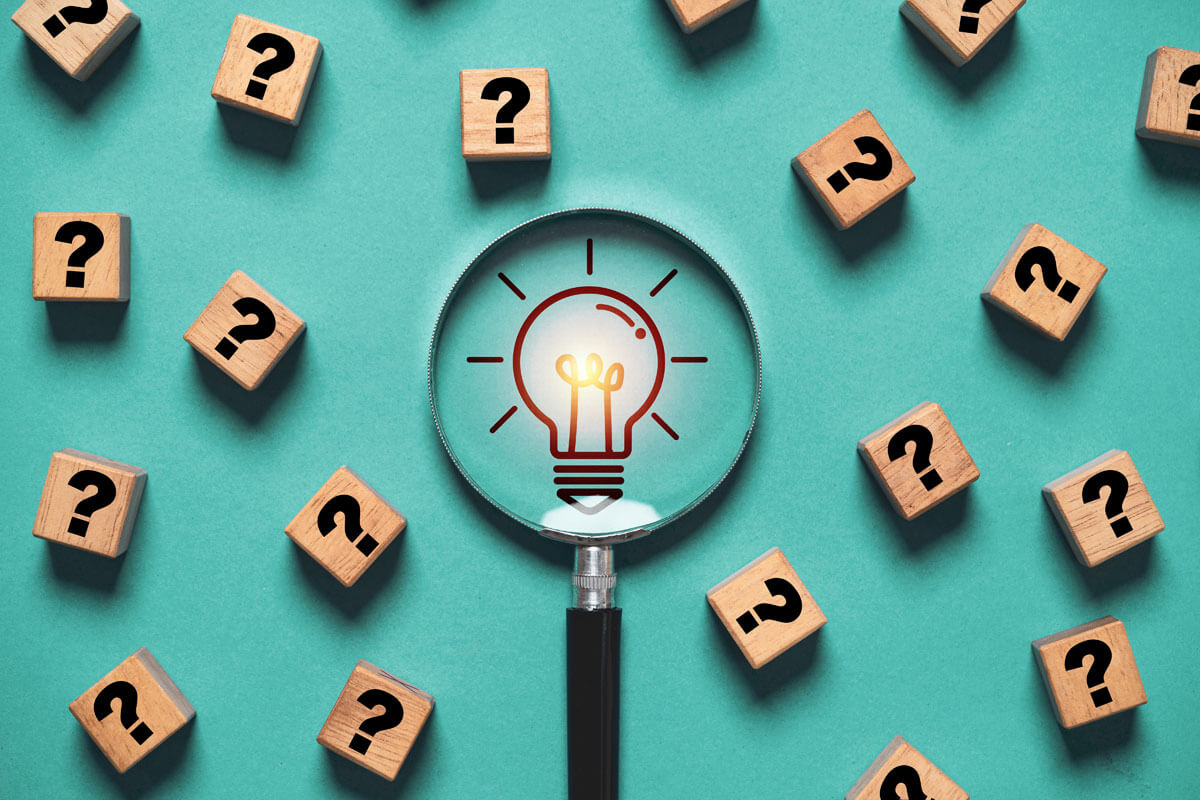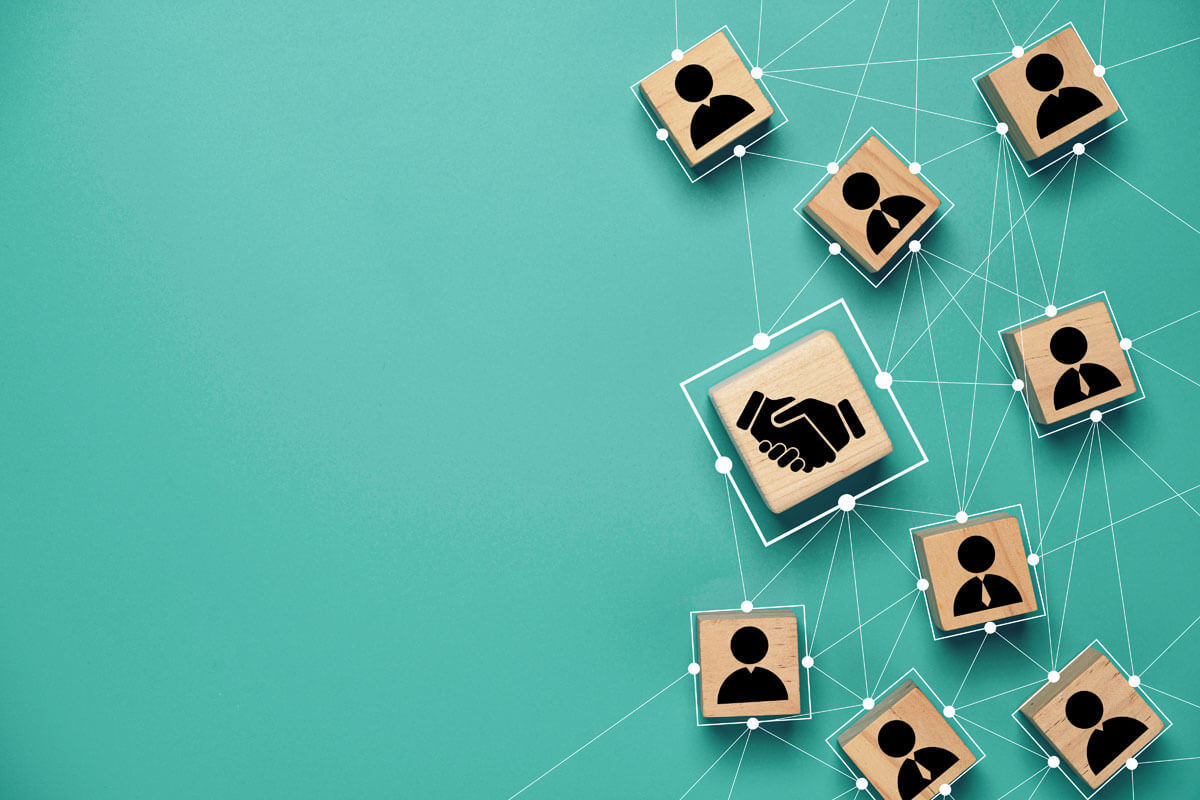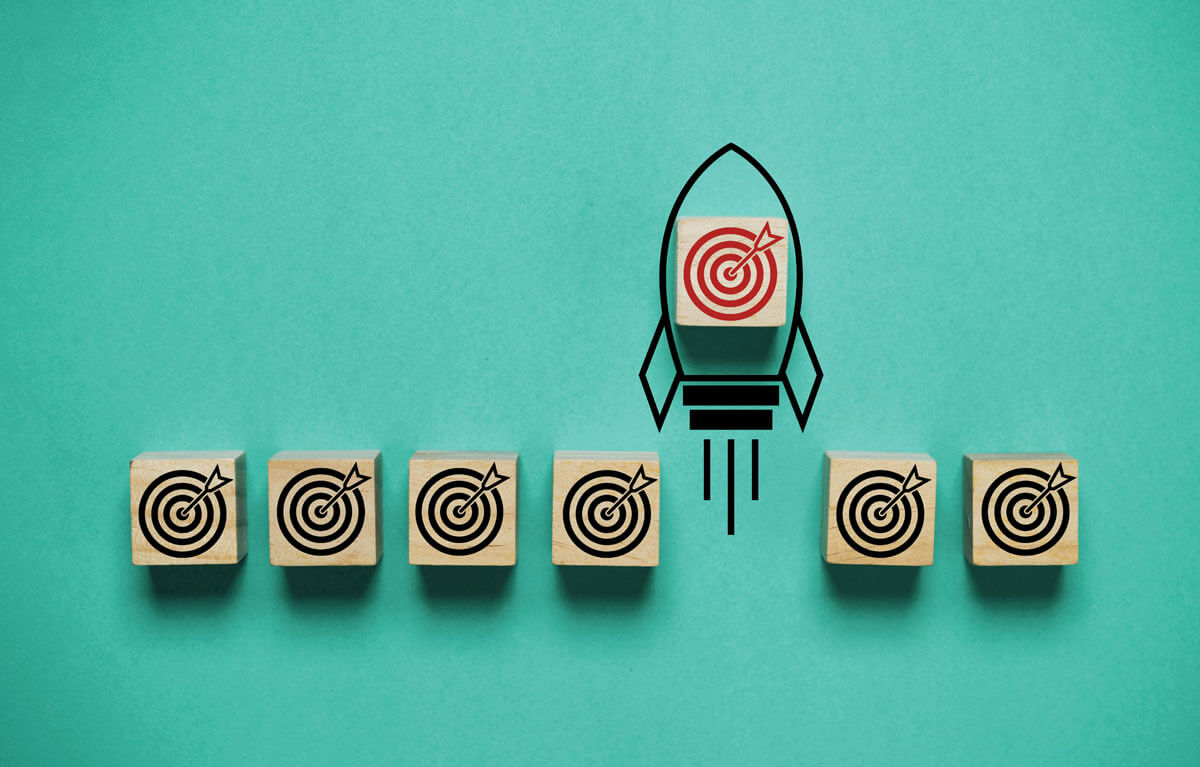INNOVATION PROCUREMENT GUIDE
An overview of current procurement processes.
STAGE 1
NEED RECOGNITION

WHO IS THIS STAGE FOR?
Innovators or potential suppliers that have an idea or a solution that is new or novel and which meets the needs of the energy industry.
An idea may require investment for research and development, or it may be a deployment-ready solution primed for implementation as part of the energy networks’ BAU operations.
WHAT IS INVOLVED AT THIS STAGE?
Once an innovator has submitted an idea or solution to the energy networks, this is reviewed by a network representative who considers if the idea or solution fulfils a ‘need’ for the network.
If it does, then the network representative will work with the network’s procurement team and other internal stakeholders to obtain formal internal approval to progress a project. This may include formulating a product or service specification sheet which the network procurement teams can use for Stage 2
The internal approvals that a network representative will need to obtain will vary depending on whether an innovator has submitted:
- An idea that requires funding to develop the idea further – and if so the source or type of funding may also determine the approvals that the network representative will be required to obtain; or
- A solution that is deployment-ready and does not require any further development or funding to be put into Business as Usual operation.
WHAT DO INNOVATORS NEED TO DO AT THIS STAGE?
There are several ways to complete this stage, including submitting ideas to the networks via the EIC or via UKRI, which is responsible for managing the Strategic Innovation Fund.
Proposals to all EIC network partners can be submitted via the EIC hub (registration required). For an overview of the support and resources available on the Hub, watch this short video.
STAGE 2
PROCUREMENT PROCESS

WHO IS THIS STAGE FOR?
Innovators that have developed ideas with a network as part of a funded innovation project which has produced a solution or service that’s now available for purchase by the network or an innovator has submitted a solution that is ready for purchase and deployment. In both cases, the innovator will have to go through a procurement process with the network before the network can purchase the solution.
A high-level flowchart showing the three different procurement processes is included in Appendix 1.
WHAT IS INVOLVED AT THIS STAGE?
The way in which the energy networks purchase goods or services is currently governed by the Utilities Contract Regulations 2016 (UCRs)1
The main considerations for innovators / suppliers to be aware of in relation to UCRs are:
For goods or services over a particular value, the network will be required to undertake a competitive tender process following one of the allowed procedures and to advertise the opportunity for submissions on the Find a Tender (FTS) service (the portal can be found here ).
For goods or services under the UCRs’ value thresholds, depending on the circumstances, the network may run its own competitive tender. The value thresholds can be found here .
WHAT DO INNOVATORS NEED TO DO AT THIS STAGE?
Depending on the specific procurement process journey, an innovator could expect the following:
- The energy network may require the innovator to register on a qualification system (e.g. Achilles UVDB4 ) in order to ‘pre-qualify’ company information. The registration questionnaire will include details of valid insurance cover, general company information, company policies relating to Corporate Compliance, Health and Safety, Modern Slavery and financial details (such as turnover). These will be verified and, in some cases, audited by the qualification system provider before being published. Once the innovator has been published on this system, the energy network will assess the capacity and capability of their organisation.
- If the energy network is not using a qualification system to prequalify, it may complete these checks as part of a Periodic Indicative Notice (PIN) which will be issued via the Find a Tender service and will request the information directly from the innovator organisation.
- The energy network may also require the innovator organisation to register on the network’s own internal procurement portal for further checks and verifications to comply with internal governance. It would be beneficial for each innovator to have a single point of contact within the network who can receive network communications, compile requested information and complete online submissions.
Please see below a list of information that innovators should look to collate in advance of engaging with networks during a procurement process.
The list has been split into the following 3 categories:
Basic
The following information will ordinarily be required, irrespective of which procurement route is being followed: company name, trading name, confirmation on legal entity (Plc, Ltd. Or Sole Trader), company registration number, company registered address, Achilles UVDB or RISQS and Unique Tax Reference (if applicable), company website URL, single point of contact name and email address
REQUIREMENT PROCUREMENT ROUTE DEPENDENT
- Achilles – If registering for a qualification system, individuals within the company will need to answer a questionnaire supplying information about the type of organisation joining the qualification system. Information including the following may need to be provided directly to Achilles as part of the pre-qualification process: financial records, health and safety records, policies and certificates relating to quality assurance, the environment, ethics, supply chain management, data governance and equity, diversity and inclusion.
- Find a Tender – Details of similar relevant information, may be a sub-set of the above.
AS PART OF THE RELEVANT E-TENDERING PORTAL OF THE NETWORKS
If taking part in a tender process, individuals within the innovator company would need to read, understand and respond to tender proposal documents. Technical and commercial information will also need to be provided for assessment.
STAGE 3
APPROVAL AND CONTRACT EXECUTION

WHO IS THIS STAGE FOR?
Once the energy network has notifi ed successful and unsuccessful innovators of the outcome of the
procurement process, successful innovators will then be invited to enter discussions with the energy
network to determine the contract terms on which their solution will be procured.
There may be an overlap between Stage 2 and 3 where the commercial negotiation step may be part
of the procurement process stage as that may be part of determining the successful supplier. In this
case, the contract terms proposed by the network would generally be shared with the innovator as
part of that process.
WHAT IS INVOLVED AT THIS STAGE?
The energy network will work with the innovator to discuss the terms on which the energy network proposes to purchase the innovator’s goods / services
This will involve:
A negotiation of commercial arrangements for the purchase of goods and services; and
Agreement of the appropriate contract terms. (Note that these terms may differ from those used in previous innovation projects as those may have had to comply with funding governance).
Once agreement has been reached on the commercial arrangements and contract terms, the parties
can then proceed to sign the contract, which will create a legally binding relationship between them.
WHAT DO INNOVATORS NEED TO DO AT THIS STAGE?
To progress the negotiation of commercial arrangements, innovators will need to ensure that a
member of their team is available to engage in these discussions with the energy network. This
individual needs to have full authority to agree such matters on the innovator’s behalf.
Innovators will need to consider the terms and conditions of the energy network’s standard contract
and may wish to consider obtaining independent legal advice if there is any doubt as to the contract
terms or their effect.
Once both parties are happy with the commercial arrangements and contract terms, the contract
can be signed.
STAGE 4
DEPLOYMENT AND PAYMENT

WHO IS THIS STAGE FOR?
Innovators that have signed a contract with a network and are ready for their goods or services to be
deployed as part of the network’s Business as Usual (BAU) operations.
This stage is to ensure that the network can order the innovator’s goods or services and make
payment for them accordingly.
WHAT IS INVOLVED AT THIS STAGE?
An order for the innovator’s goods or services by the network will be confirmed by providing the
innovator with a Purchase Order (PO). The PO will contain a unique number that should be included
on the invoice for the innovator’s goods or services.
Not including a PO number on the invoice will mean that the network will be unable to make the payment. Goods or services should not be supplied without first being provided with a PO.
Payment of the invoice will be made in accordance with the PO terms or as agreed in the contract.
WHAT DO INNOVATORS NEED TO DO AT THIS STAGE?
The energy networks will provide specific instructions on how to obtain a PO and the preferred method of submitting invoices.
On delivery of goods or services, innovators will need to be sure to follow any specific instructions or requirements provided to them with the network’s contract or PO. These instructions may include matters such as standards that the innovator will be required to meet or steps that need to be taken if entering onto parts of the network
WHAT HAPPENS AFTER COMPLETION:
The completion of the procurement process with a network is just the start of the journey as an
approved supplier of goods and services.
The contract forms the basis of an ongoing relationship, and the network will work with every
innovator or supplier to ensure that the process through which the network obtains goods or services
continues to be as smooth as possible.
The network will continue to work with the innovator to advise on any changes to their commercial
or regulatory requirements; and if there are any changes within the innovator’s business, the network
should be advised.
Usually, innovators will be assigned a contact to work with in relation to the provision of particular
goods or services to the network, however, most networks will operate a system to raise general
enquiries either via a mailbox or by logging into their procurement portal and logging the enquiry
that way.
